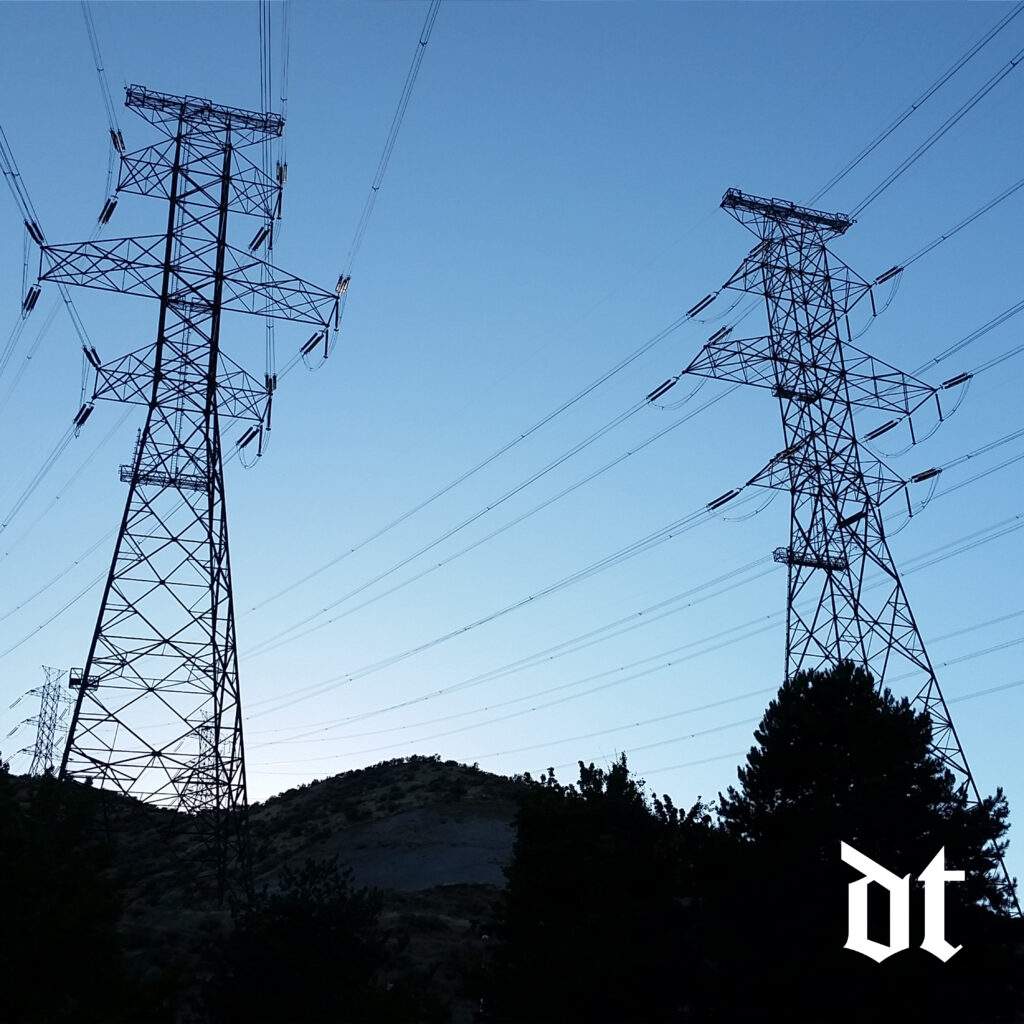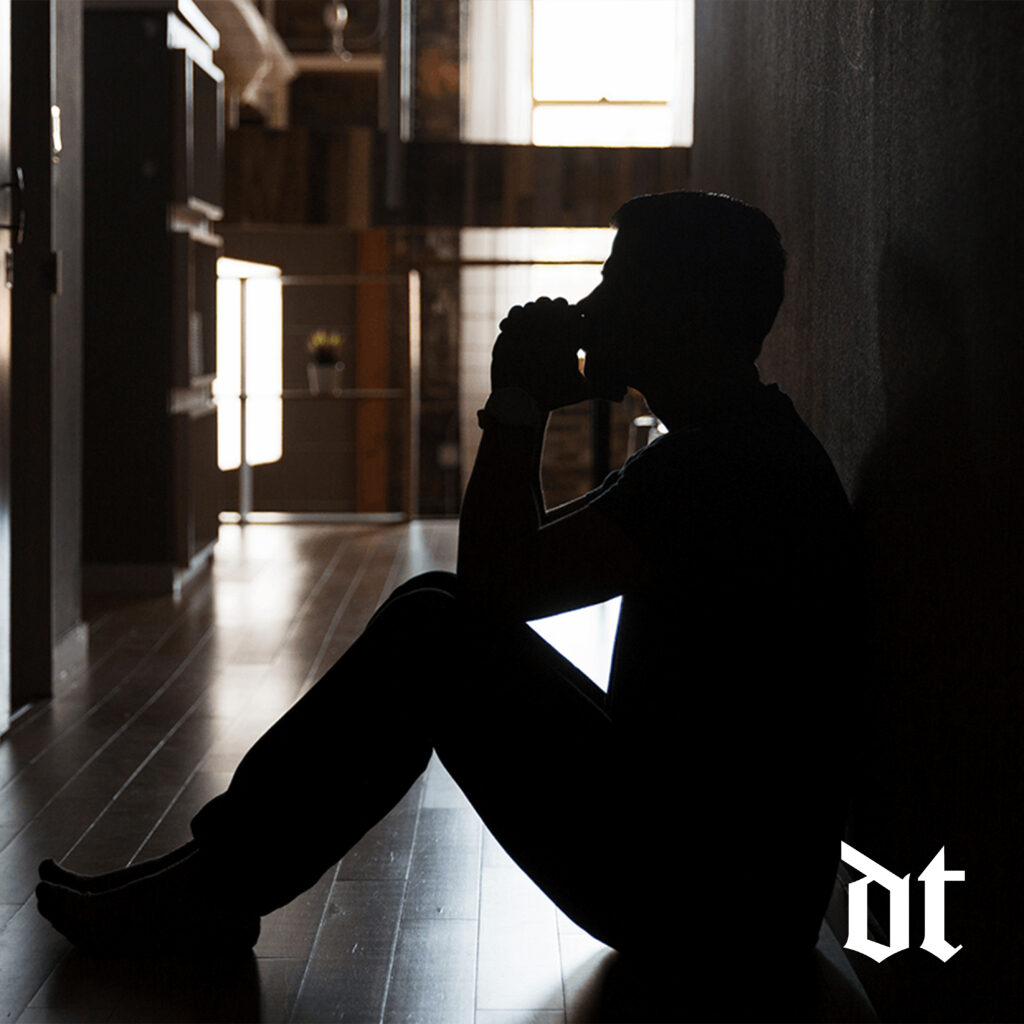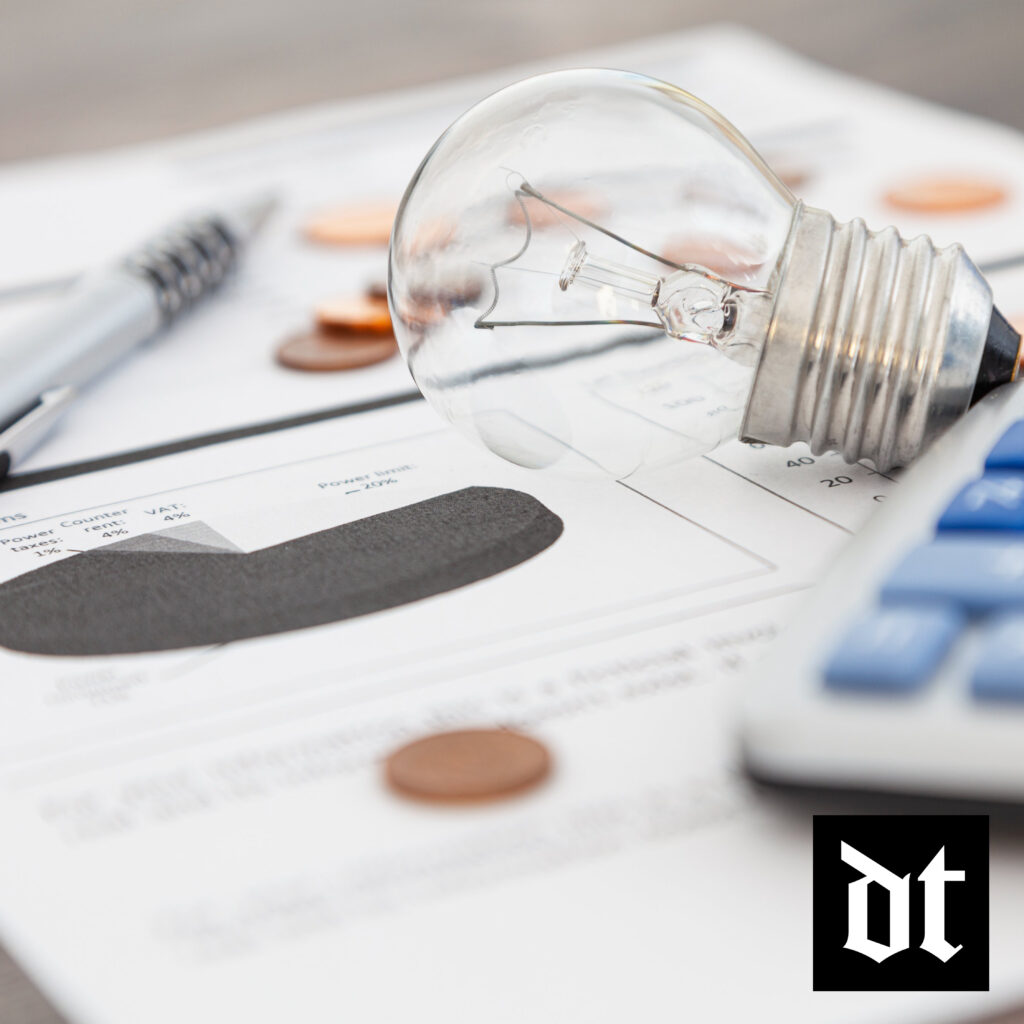
Millions of Americans are waking up to their electricity shut off, and more is yet to come. The big, bold ‘FINAL WARNING’ letters they are getting monthly statements are not enough to prepare them for what comes with being in the dark. No power means no refrigerator, no heating, no water, and for others, no gas. In today’s society, living without electricity is unimaginable, not to mention impossible. Without it, we cannot cook, do laundry or even charge our phones.

These bills have mushroomed since the already past due utility bills racking up during the pandemic. With millions left with no job to cover expenses for the once manageable living cost, many are behind on electricity bill payments. Delinquent balances from those who are late or missed payments amount to $27 billion, which is twice last year’s arrears, according to the executive director of the National Energy Assistance Directors’ Association, Mark Wolfe.
1 In 6 Households In the US Is Behind On Utility Bills

According to The National Energy Assistance Directors Association, one in every six customers is past due on utility bills. And with the energy assistance sent as part of the relief package in 2020 is soon coming to an end, more households are staring down the prospects of power shut-offs. In the middle of this global economic crisis, some people are taking extreme measures to avoid cut offs.
One in five households is forgoing necessities to cover their electricity bills as a way of coping. While 10% of households are keeping the temperature in their homes at unhealthy levels to minimize energy bills. The low-income heat assistance programs that once helped people can only go so far as the number of delinquent bills increases. Most programs are swamped, and some have been forced to shut down due to insufficient funding.
The Bottom Line
The situation is dire in many states where residents financially struggle to keep up with utility bill payments. And without additional funding for the Low Income Home Energy Assistance Program (LIHEAP), the situation is expected to worsen. Unless the Federal Government steps in to provide more emergency aid, the upcoming months are of serious concern.
